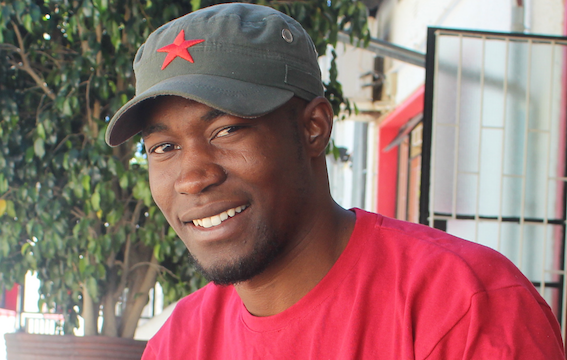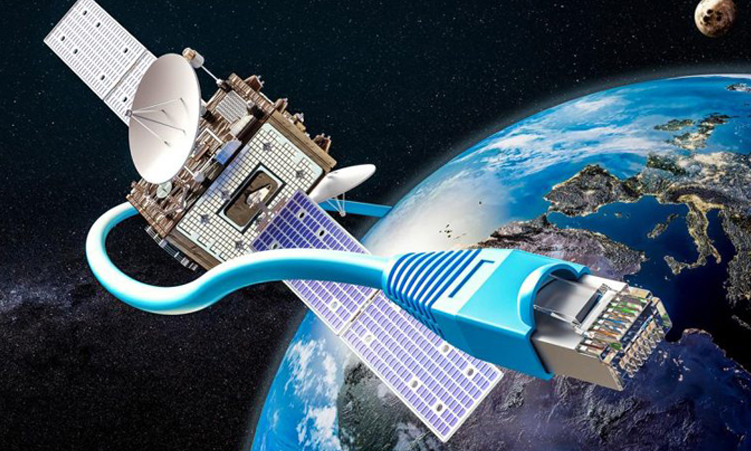The government is facing criticism for its handling of the ownership of the highly anticipated green hydrogen project.
This comes as the government yesterday confirmed it has notified Hyphen Hydrogen Energy of its intention to acquire a 24% equity stake in the project using funds from SDG Namibia One, an incoming €1 billion financing vehicle for green hydrogen investment in Namibia.
SDG Namibia One will be managed by NH2 Fund Managers, an infrastructure asset manager which will be established between the Namibian and Dutch governments.
Job Amupanda, the leader of the Affirmative Repositioning (AR) movement, believes the government’s approach demonstrates weak leadership and a vulnerability to being outmanoeuvred by European interests due to Namibia’s desperation for development opportunities.
He suggests that Namibians demand free benefits from the project through its Sovereign Wealth Fund, as the current arrangement exposes the country poorly and reflects a neocolonial scenario.
“This 24% has exposed us very badly, and displays a neocolonial scenario. What a weak government,” Amupanda says.
Criticising what he perceives as ministers selling out the country’s resources, Amupanda uses the analogy of a chef cooking in someone’s house using ingredients from that house, and then asking the homeowner to pay for a share in the food produced.
Kalimbo Iipumbu, the deputy leader of Namibia Economic Freedom Fighters (NEFF), has also criticised president Hage Geingob and his team for settling on a 24% stake.
He says this decision involves weak negotiation tactics which fail to protect the long-term interests of Namibians.
“Once again, this nation has been forced into a raw deal that seeks to satisfy the capitalist interests of moneyed arrivalists whose sole intention is to milk this country dry, and make huge profits before taking off, as is the case right now with B2Gold,” Iipumbu says.
He believes the government’s support of the decision lacks substance.
Additionally, Iipumbu expresses concern over the government entering into the agreement with Hyphen Hydrogen Energy without having the necessary funds to acquire the stake, implying a lack of financial preparedness.

“It raises serious concerns about the competence and planning of the green hydrogen team. How can we expect them to effectively manage and oversee this project if they are unable to finance their own share?” Iipumbu asks.
He says this lack of financial preparedness compromises Namibia’s position and bargaining power, adding that it is clear that Geingob and his team have been financially “outmatched and outplanned”.
“By resorting to a ‘begging bowl’ approach, this country is at risk of excessive foreign involvement in a project that should primarily benefit Namibia and its people.
“We need assurance from the green hydrogen team that this reliance on foreign financing would not compromise our sovereignty and decision-making authority over the project,” he says.
Green hydrogen commissioner James Mnyupe has defended the 24% stake, saying the proposed equity participation at cost, as opposed to free equity or a profit share, has the advantage that it does not increase the cost of equity capital for investors.
“All else being equal, if Namibia had demanded a 24% free equity stake, incoming investors would have to generate a 33% higher return to achieve the same outcome, and consequently Namibia’s hydrogen projects would be more expensive and less attractive to investors,” he says.
GOVT’S STANCE
Meanwhile, the government says it is going ahead with the purchase of the 24% stake, following the conclusion of agreements for the establishment of SDG Namibia One.
According to a statement issued by the Ministry of Finance and Public Enterprises yesterday, SDG Namibia One is a blended financing infrastructure fund, which will look to raise money from local institutional investors and investors from around the world to develop Namibian green hydrogen projects and related infrastructure.
The establishment of Namibia SDG Namibia One will see Namibia’s Environment Investment Fund (EIF) partnering with two Dutch organisations, Climate Fund Managers and Invest International.
The initial funding of €40 million (N$850 million) is being provided as grant funding by Invest International, and will be housed by the EIF.
The European Investment Bank and the government has concluded a letter of intent at COP27 for the provision of €500 million, a portion of which is to be designated for investment via SDG Namibia One.
“This marks yet another key progressive milestone in the development of a local and transformative synthetic fuels sector,” finance minister Iipumbu Shiimi said in the statement.
Stay informed with The Namibian – your source for credible journalism. Get in-depth reporting and opinions for
only N$85 a month. Invest in journalism, invest in democracy –
Subscribe Now!






